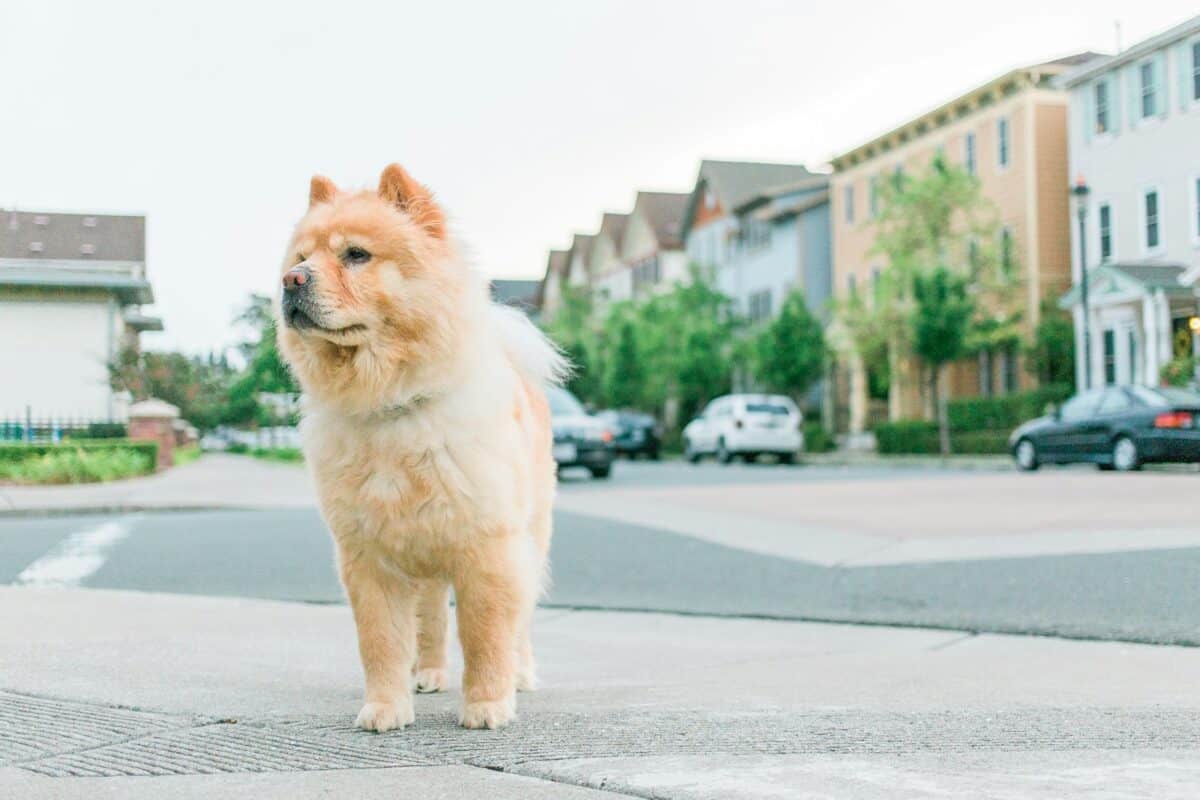Dogs have been our faithful companions throughout history, adapting alongside humans in various climates. While some breeds love lounging in the sun, others thrive in colder environments. Whether you’re an adventurous outdoors enthusiast or reside in a region with harsh weather, there’s a perfect canine companion for you. Discover the dog breeds best suited for extreme weather conditions, their unique characteristics, and how we can ensure they’re comfortable in challenging climates.
13. Understanding Breed Adaptations to Weather

Dog breeds have developed various adaptations to survive and thrive in specific climates. These adaptations can include dense undercoats for insulation, large paws for traversing snowy terrains, or sleek bodies that help dissipate heat. Understanding these traits helps potential dog owners make informed decisions, ensuring their fury friends are well-suited to their environment.
12. Siberian Husky: The Cold-Weather Champion
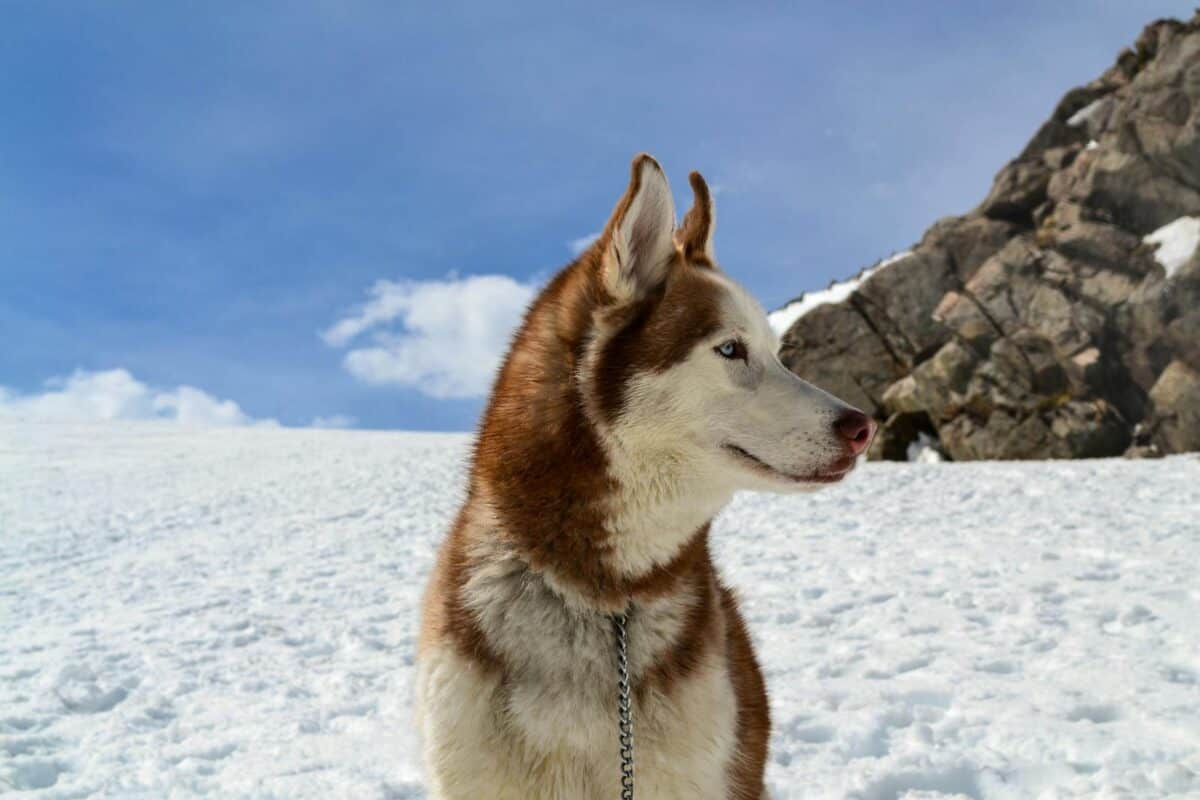
Siberian Huskies are iconic in their love for cold climates. Originating from Siberia, these dogs have thick double coats that provide warmth in freezing temperatures. Their energetic nature and endurance make them ideal companions for snowy adventures, famouly pulling sleds over icy terrains.
11. Alaskan Malamute: Built for the Arctic
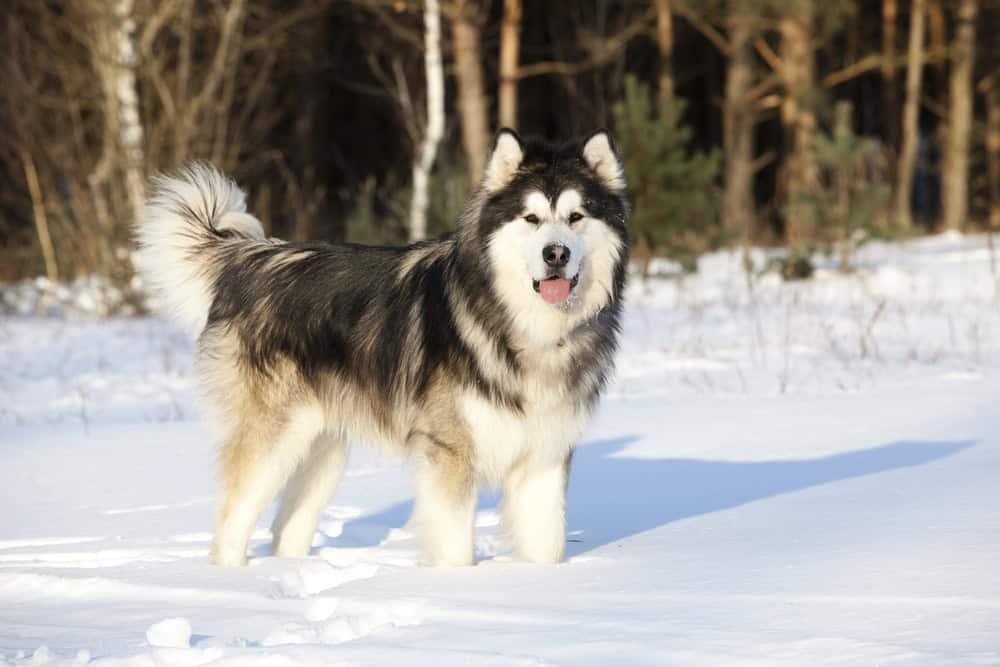
The Alaskan Malamute, larger cousin to the Husky, also thrives in cold conditions. Bred for strength and endurance, these dogs historically aided Inuit tribes with heavy pulling. Their thick, waterproof fur provides excellent protection from cold and snow, making them perfect for arctic adventures.
10. Bernese Mountain Dog: Swiss Alps Expert

With roots in the Swiss Alps, Bernese Mountain Dogs have been bred for work in cold environments. Their luxurious tri-colored coats and gentle temperament make them perfect family pets for colder regions. They’re diligent working dogs, historically guarding livestock and pulling carts.
9. Samoyed: The Sledding Beauties
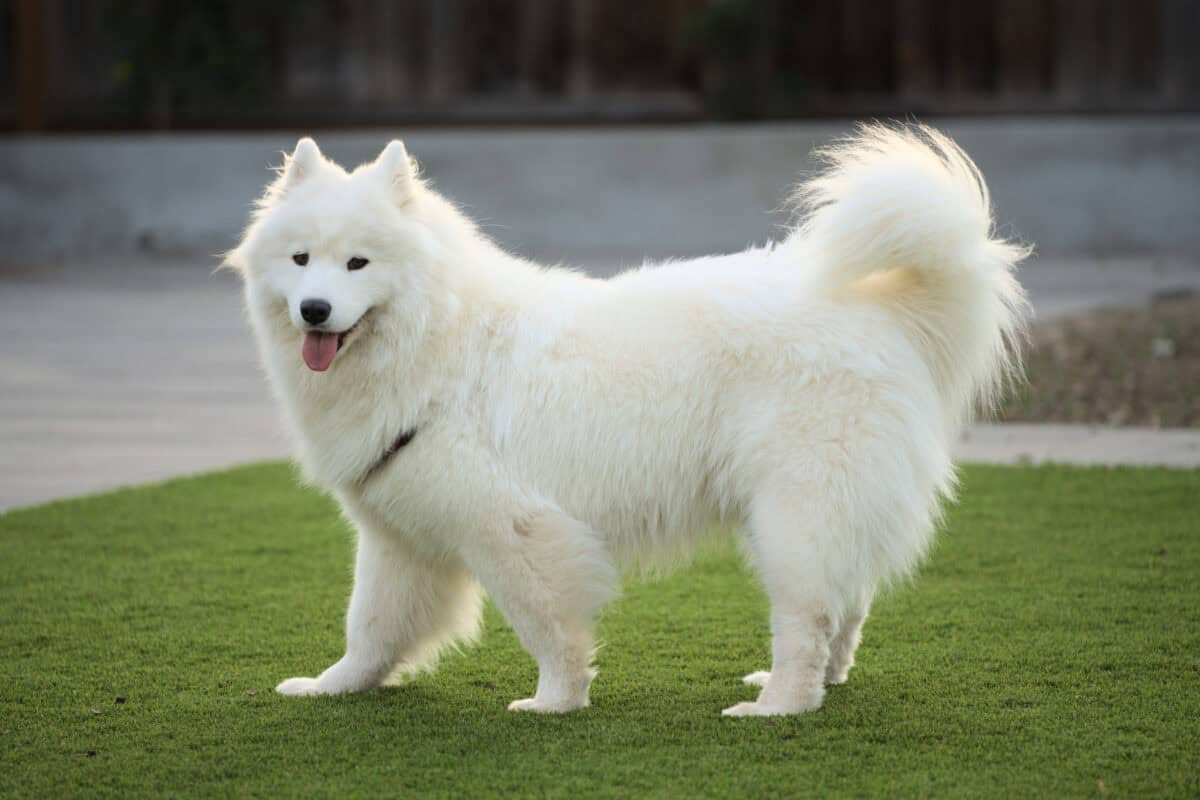
Samoyeds, notable for their smiling faces and fluffy white coats, were bred by the nomadic Samoyede peoples of Siberia. Their double-layered coat insulates them against harsh cold weather, and their friendly disposition makes them wonderful companions.
8. Newfoundland: Maritime Pilots
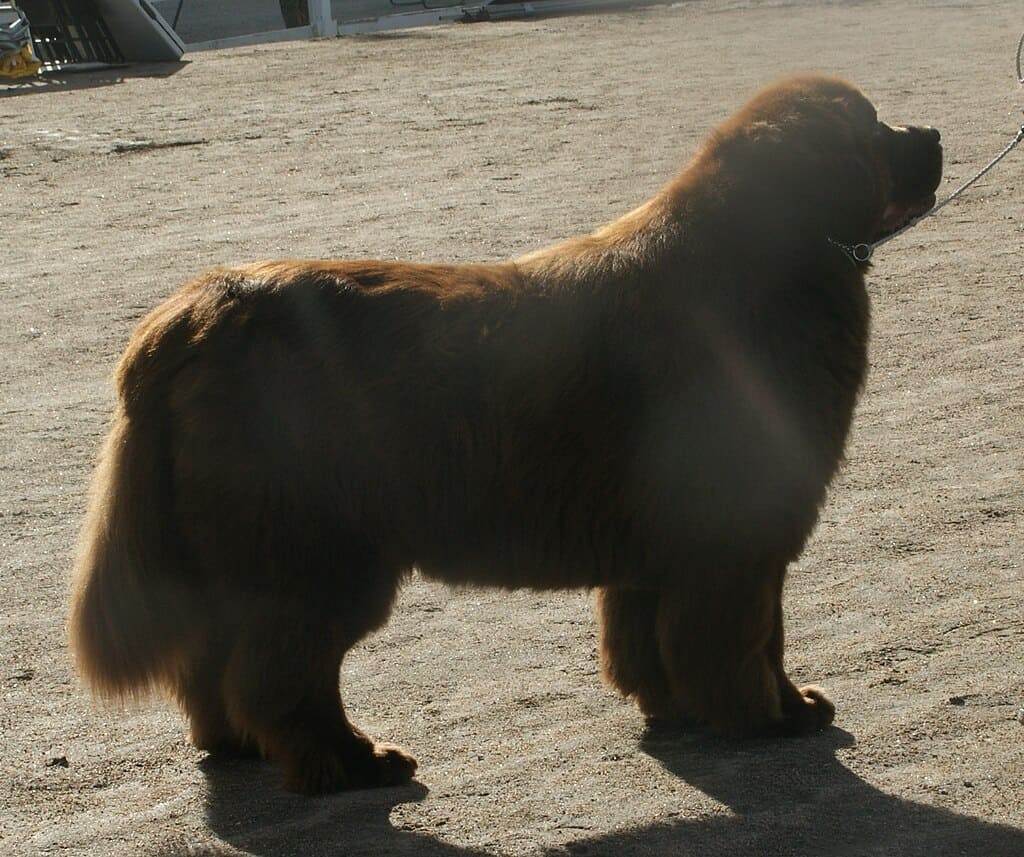
Newfoundlands are built for the cold and wet environments of Canada’s eastern coast. Known for their webbed feet and water-resistant fur, they excel in rough water conditions and are even valued as water rescue dogs. Despite their size, they are gentle and devoted companions.
7. Saint Bernard: Lifesavers of the Alps
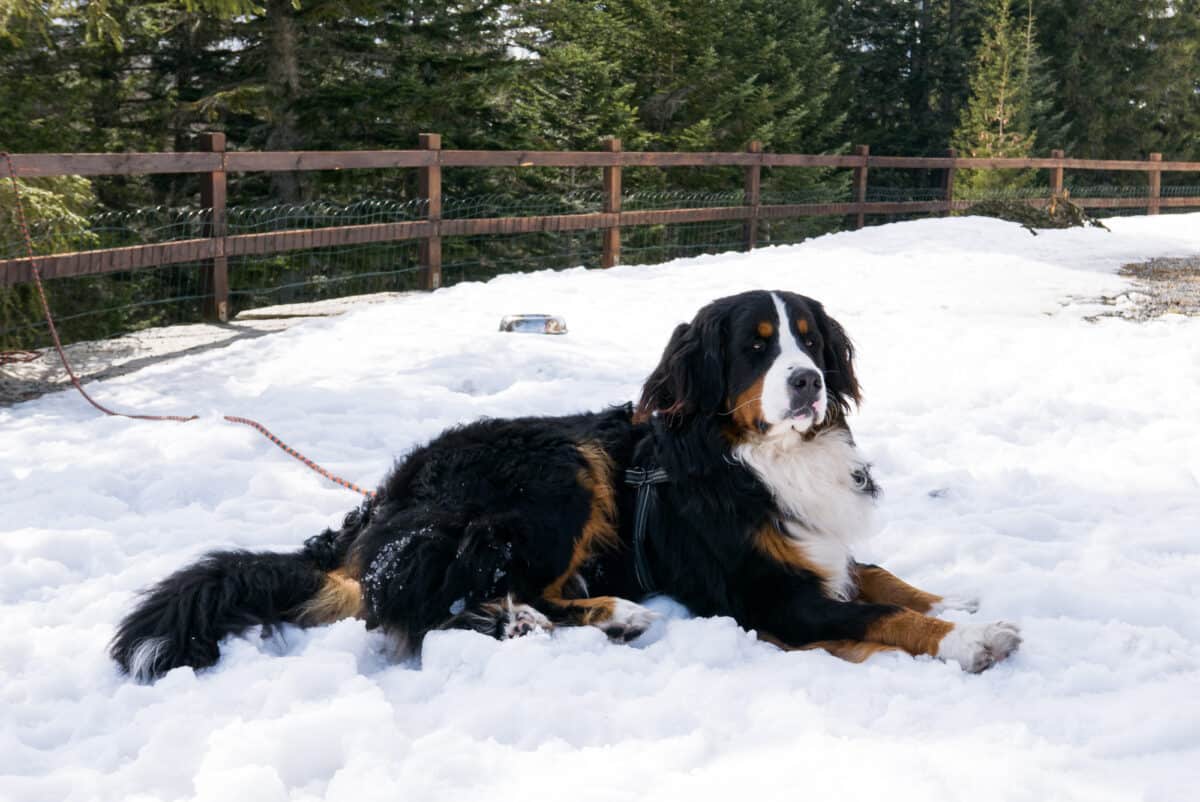
Known for their life-saving missions in the Swiss Alps, Saint Bernards are equipped with a robust build and thick fur that protect them in extreme cold. Their keen sense of smell and inherent strength make them perfect for rescuing stranded travelers.
6. Keeshond: Holland’s Watchful Guardians

Keeshonds originated as barge dogs in the Netherlands. Their plush fur offers warmth, and they have a natural knack for vigilance, making them perfect watchdogs. Their friendly nature also ensures they fit well in family settings.
5. Norwegian Elkhound: Scandinavian Tracker

As their name suggests, Norwegian Elkhounds hail from Norway, adapted to the cold. With their thick coats and agile bodies, they’re excellent hunters and herders in icy landscapes. Their loyalty and energy make them great companions for outdoor lovers.
4. Leonberger: The Gentle Giants
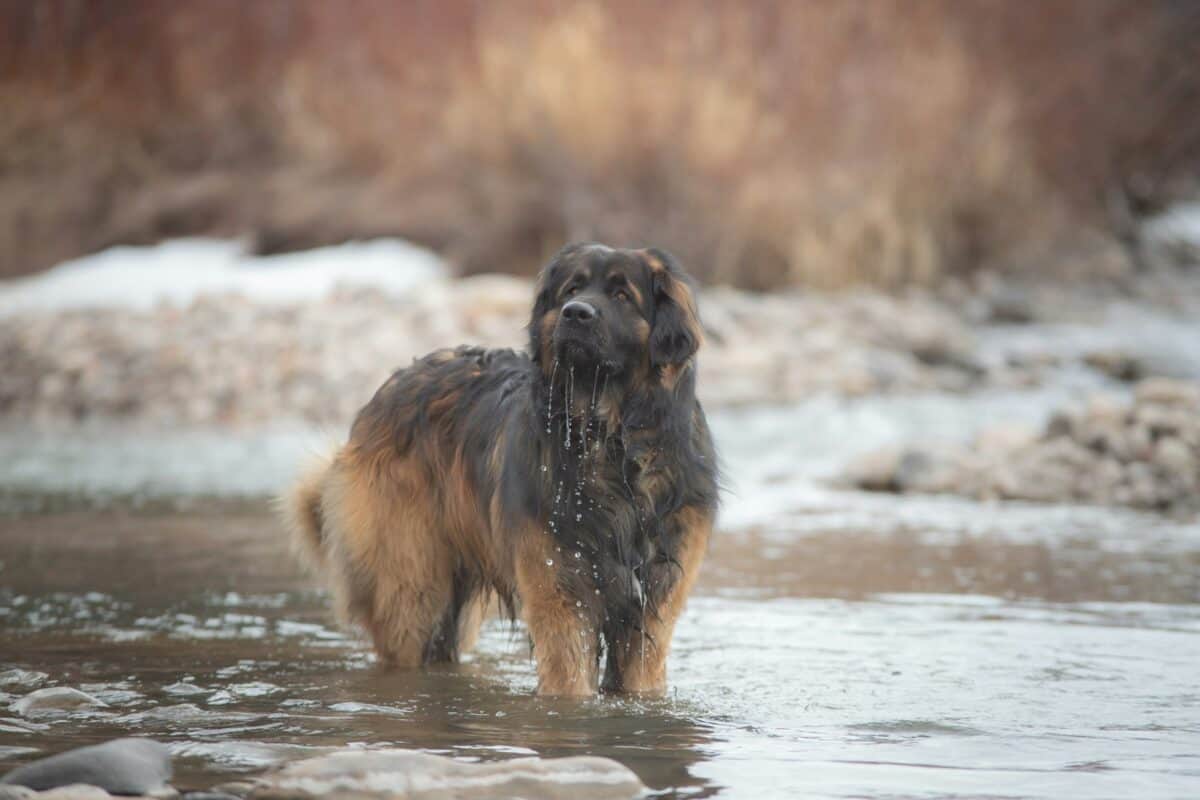
Big, gentle, and marking their presence easily, Leonbergers were bred in Germany to survive harsh winters. Their lion-like manes, thick fur, and amiable nature make them both imposing watchdogs and affectionate family pets.
3. Shiba Inu: Thriving in Various Climates

Shiba Inus, although originally from Japan’s mountaneous regions, manage well across diverse climates. Their plush coats provide protection from cold and rain, making them adaptable to unpredictable weather while maintaining their trademark independent spirit.
2. Chow Chow: Ancient Guardians
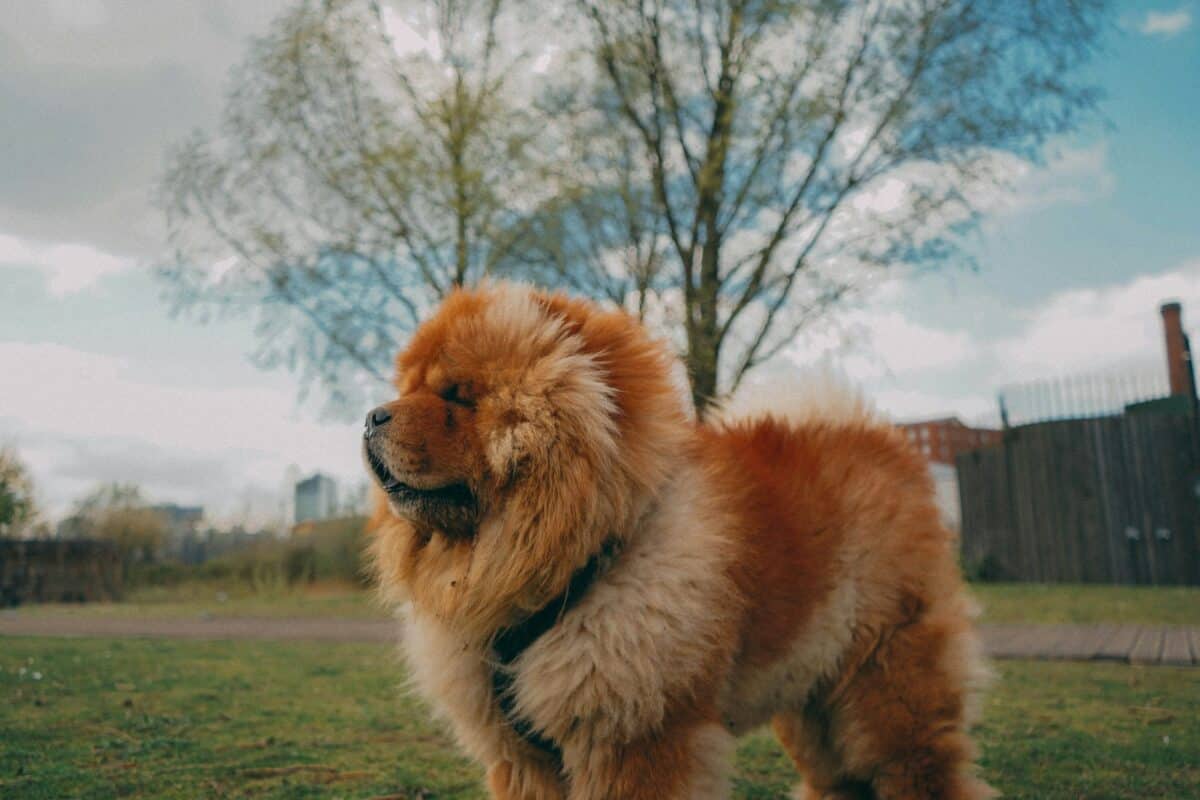
With their lion-like appearance, Chow Chows are an ancient breed originating in northern China. Their dense coats protect them from cold climates, making them suitable for cooler weather. However, care is required in heat to prevent overheating.
1. Akita: Noble and Brave
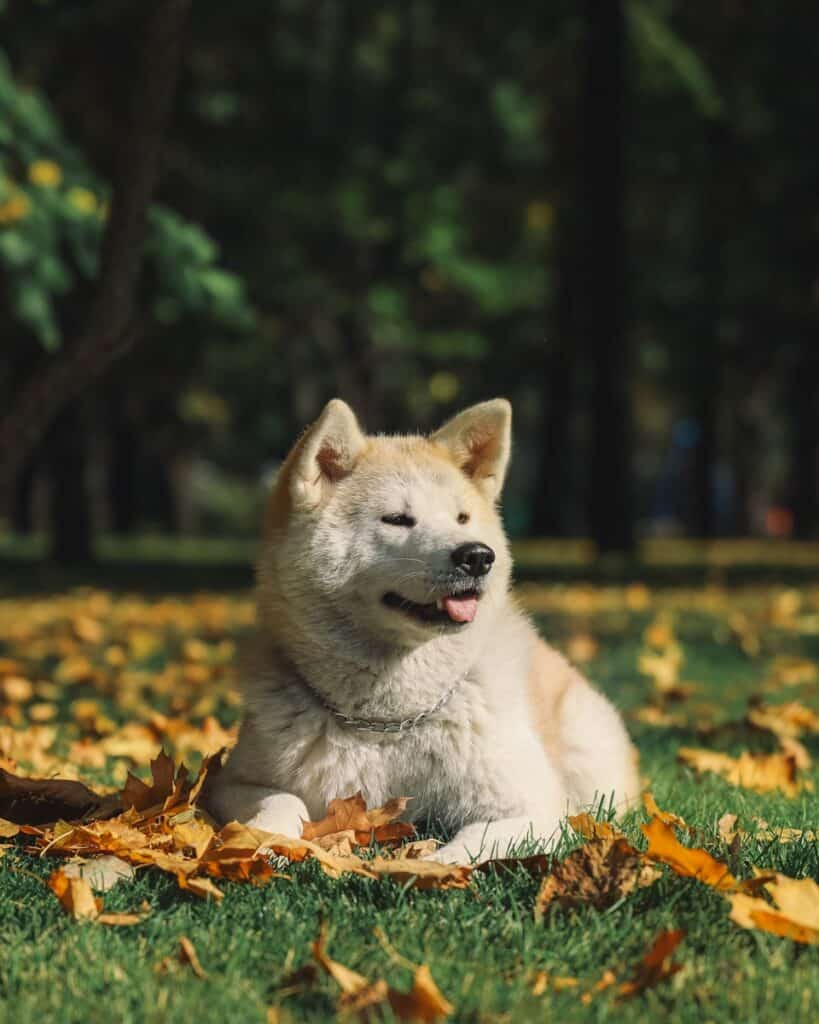
Akitas, hailing from the snowy regions of Japan, have thick double coats perfect for cold weather. Their storied history as hunting dogs contributes to their loyalty and protective nature, making them effective guardians and loving companions.
When seeking a dog to accompany you in extreme weather, it’s essential to consider breeds that are naturally adapted to such climates. The breeds highlighted above demonstrate unique traits that enable them to thrive in harsh conditions, ensuring their health and happiness. In return, these spirited and enduring companions offer loyalty, endless warmth, and joy to their families, even under the coldest circumstances. Whether you reside in snowy tundras or plan cold escapades with your canine friend, choosing a breed suitable for the climate is paramount in fostering long-lived, fulfilling companionship.
- The Coldest Town in America—And How People Survive There - August 9, 2025
- How Some Birds “Steal” Parenting Duties From Others - August 9, 2025
- 12 Deep-Sea Creatures You Won’t Believe Exist - August 9, 2025

